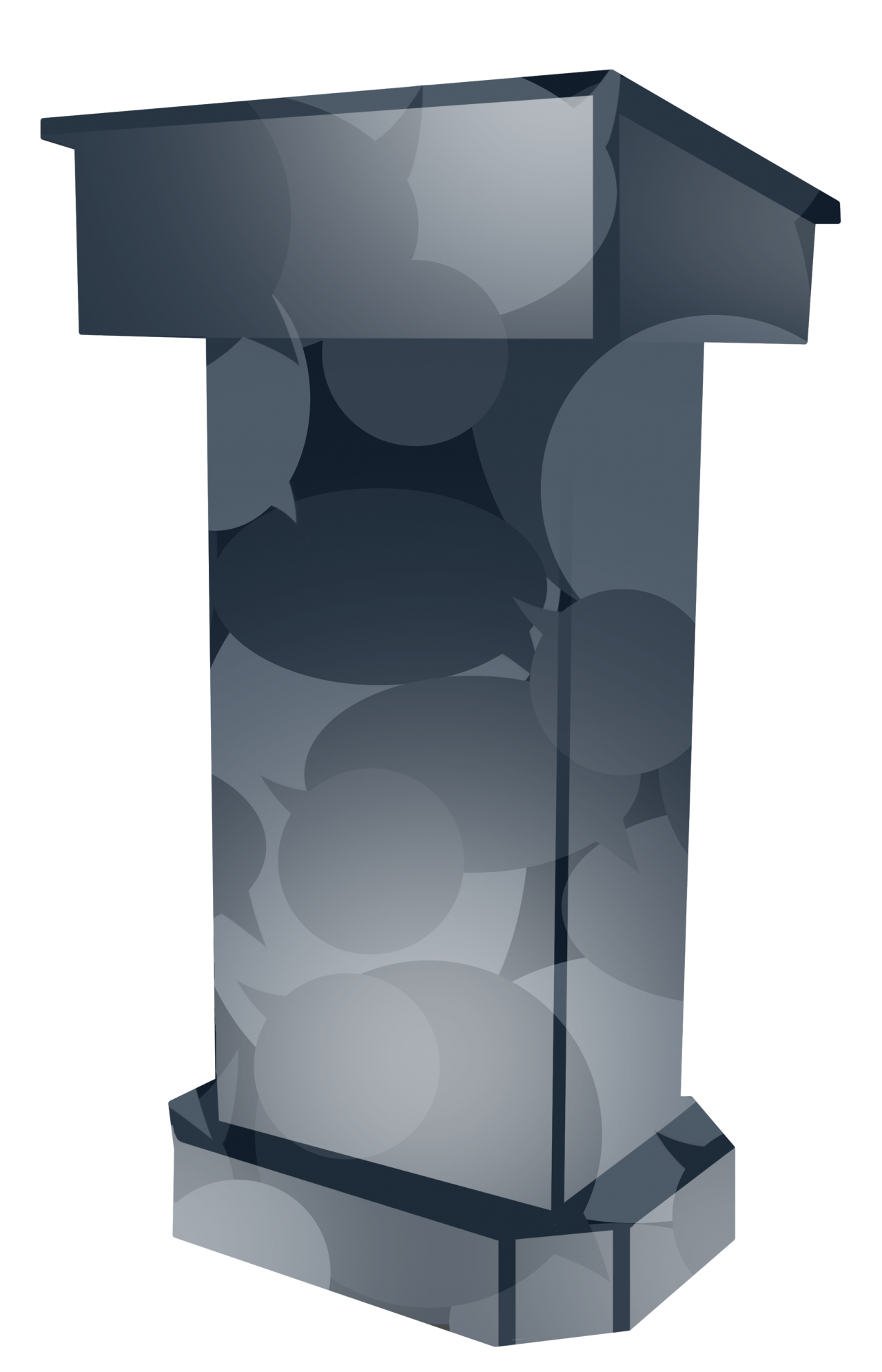Illustration by Andrea Nebhut
Trinity Debate is once again sending members to the National Debate Tournament (NDT).
The first team comprises first-years Samuel Grimsley and Nathan Glancy, and the second team comprises first-year Sam Lair and junior Ian Dill. The teams are led by their coaches, William Mosley-Jensen and Collin Roark. Both are professors of human communication.
“We’ve already achieved something impressive, which is being in the top 78 in the country,” Jensen said. “Over the course of the tournament, they have eight debates, and then they’ll basically clear to an elimination round bracket of the top 32. That’s a lofty goal. If we got one of those teams to clear to the top 32, that would be amazing.”
The debaters themselves have similar goals for the upcoming tournament.
“I think a reasonable goal would just be having a winning record, which would get us to elimination debates,” Grimsley said. “Anything after there would just be a bonus for me.”
Glancy agreed with Grimsley.
“This upcoming tournament we’ve been getting to elimination rounds,” Glancy said. “If we could just make it to the elimination round. I would say we’re freshmen, so we have nowhere to go but up.”
In order to qualify for the NDT, the debate team started to prepare the summer before this year. All four debaters attended an annual retreat a week prior to New Student Orientation. According to Jensen, this retreat helped the students refine their research and debate skills.
“I think there are a few things that make it successful,” Jensen said. “One is getting everyone in the same room together, working together, cooperating and bouncing ideas off each other. It’s a really collaborative process. The other thing too that kinda reinforces the camaraderie is the new students come on campus and already have some friends here. So it’s a really good process.”
The team had another retreat during winter break. Once again, they returned from break one week early to rehearse speeches and to do research.
“[Jenson] took sabbatical the first semester to help us strategize and map out how different arguments interact with each other,” Grimsley said. “[Roark] is familiar with how debate works, and how the judges and debate community will react to and perceive different arguments, which is very helpful.”
The qualifying teams will potentially compete against teams from schools that Trinity doesn’t usually face in competition such as Harvard University, Northwestern University and the University of Michigan. The debate coaches have adapted their approach to further their progress in the NDT.
“One of the things I think of as a coach is to always try to balance and [figure] out how to encourage students to be responsible for their own work and be self-motivated and how to facilitate their competitive goals without being too intrusive on my own,” Jensen said. “Because as a coach, you want to win and you want to help them. But I am making student ownership of the team … one of my major goals at the moment.”
The more experienced debaters have also helped the first-years prepare by teaching them new tactics.
“For example, when we’re preparing evidence, we highlight it in a certain way to format it properly,” Glancy said. “There’s a lot of ways you can make all of the research and preparation that goes into debate faster. They showed me the shortcuts.”
Jensen hopes that the community shows their support for the competitors.
“The debaters work really hard and we are grateful for the support of the university,” Jenson said. “The debate students themselves are really the core and the heart of the program.”













